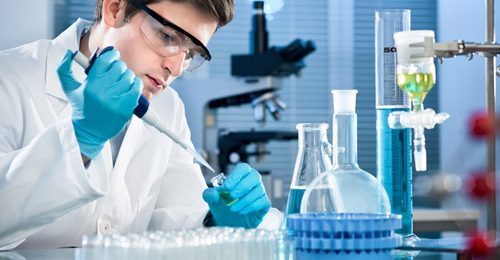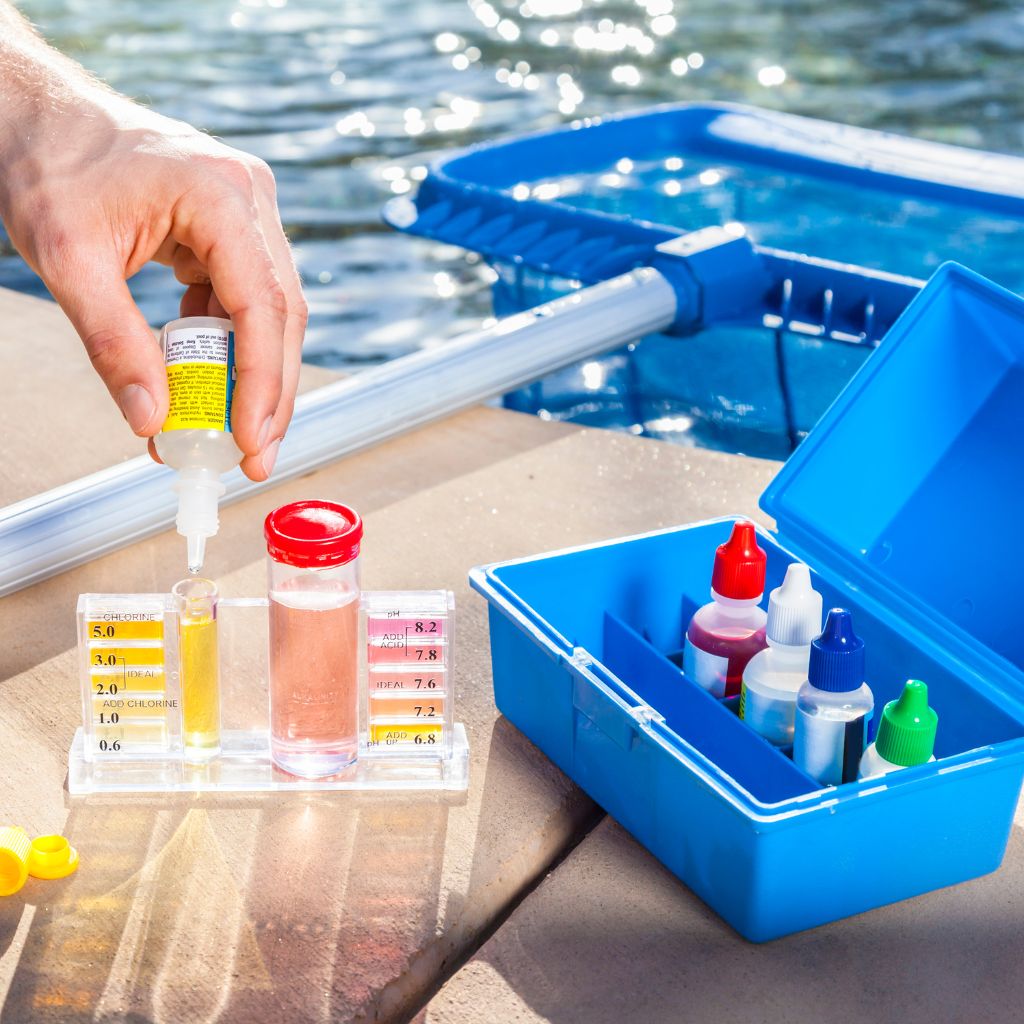Specialist Well Water Testing Services: Obtain Accurate Outcomes Rapid
Specialist Well Water Testing Services: Obtain Accurate Outcomes Rapid
Blog Article
Learn How Water Screening Can Detect Impurities and Protect Your Family's Health
Comprehending the relevance of water screening is essential for guarding your family's health and wellness, as our water supply can nurture unseen dangers. From germs to heavy steels, impurities posture serious risks, typically undetected without correct evaluation. By exploring the mechanics of water screening, one can uncover the invisible risks hiding in relatively immaculate water sources. How do you identify which tests are required for your household, and what actions should be taken when possible hazards are disclosed? As we navigate these concerns, the course to ensuring water security and a much healthier living setting becomes clearer.
Significance of Water Testing
Identifying the crucial duty water plays in sustaining life, the value of water screening can not be overemphasized. Making certain that water is cost-free from dangerous materials is vital for keeping healthy and balanced areas and ecological communities. Well water testing services.
Water screening acts as a proactive procedure to identify possible hazards that may jeopardize water quality. Via organized evaluation, it helps spot physical, chemical, and organic specifications that might posture risks to human health and wellness. Normal screening enables the early detection of concerns, assisting in timely interventions to avoid widespread contamination and connected illness.
Additionally, water testing supports regulative conformity, guaranteeing that water companies fulfill well-known safety and security criteria and guidelines established by governmental authorities. It cultivates transparency and liability, developing public rely on the supply of water system. In addition, screening supplies beneficial information that informs water monitoring methods, enabling lasting usage and preservation of this priceless source.
In significance, water testing is a crucial tool that safeguards public wellness, guarantees regulatory adherence, and advertises the sustainable administration of water resources. Its relevance in shielding both communities and individuals can not be ignored.
Typical Water Pollutants
Among the different aspects that can jeopardize water high quality, common water pollutants include an array of physical, chemical, and organic compounds that pose substantial dangers to human wellness and the environment. Physical pollutants typically include sediments or organic materials suspended in water, which can impact clarity and preference.
Biological contaminants, primarily microorganisms, infections, and protozoa, emerge from animal and human waste getting in water systems. Microorganisms such as E. coli, Giardia, and Cryptosporidium are well-known for causing gastrointestinal diseases and can be particularly harmful to young children, the elderly, and those with compromised body immune systems. Nitrates and nitrites, commonly coming from fertilizers, posture one more health risk, particularly to babies, possibly resulting in problems like methemoglobinemia or "blue baby syndrome."
Furthermore, arising contaminants, consisting of pharmaceuticals and individual treatment products, have elevated issues as a result of their perseverance and unidentified long-term results. Recognizing these pollutants is essential for carrying out efficient water treatment approaches and making sure safe alcohol consumption water.
Exactly How Water Screening Works
Understanding the range of pollutants in water highlights the significance of efficient testing methods to safeguard public health and wellness. Water testing is a systematic procedure made to determine and measure numerous impurities that could posture dangers to human health. This entails a collection of analytical procedures that spot contaminants such as germs, heavy metals, organic chemicals, and other toxins. The testing procedure generally starts with example collection from the water source, guaranteeing that samples are representative and unpolluted throughout the collection procedure.
Chemical testing typically includes spectrometry or chromatography, both of which can determine and determine particular chemical compounds. Furthermore, physical qualities like turbidity, shade, and ph are assessed to offer understanding into the overall quality of the water.
The exact methods utilized in water testing rely on the particular contaminants of problem and the water's planned usage. By continually using these rigorous screening procedures, researchers and public health authorities can make sure the security and top quality of water, therefore securing areas from potential health dangers.
Selecting the Right Examination
The very first action is assessing the water resource-- be it local, well, or surface area water-- as each has distinct dangers. Community water could require testing for disinfectant results, while well water may require screening for nitrates, germs, and hefty steels.
Following, take into consideration recent official source events and environmental aspects. Close-by farming tasks could demand testing for herbicides and chemicals, whereas commercial areas might need checks for chemical toxins. Furthermore, any kind of changes in water taste, appearance, or odor should trigger certain testing for common pollutants like lead, chlorine, or organic microorganisms.
Expert water screening solutions supply comprehensive packages that target a large range of prospective contaminants. These packages usually straighten with criteria set by the Epa (EPA) or local health and wellness departments. For a more tailored strategy, talking to a water high quality specialist can give understandings into which particular examinations are required based upon local issues and specific wellness requirements, guaranteeing the security of your household's well-being.

Maintaining Water Safety

Along with screening, proper maintenance of water supply plays a vital role. This includes inspecting and servicing pipes systems, storage space containers, and septic systems to stop leaks or backflow that could introduce impurities - Water Testing Services Near Me. Utilizing water filtering systems developed to address specific local issues can further safeguard against impurities, giving an added layer of defense
Public recognition and education and learning are similarly vital in maintaining water safety. Areas need to be educated regarding potential dangers associated with neighborhood water sources and the required actions to minimize them. Motivating public participation in water safety and security campaigns promotes a collective responsibility that boosts general performance.
Inevitably, a thorough method that incorporates routine testing, system maintenance, and area involvement is important in safeguarding water top quality. By doing so, families can be ensured of risk-free and clean water, protecting their health and wellness and health.

Conclusion
Routine water testing is crucial check my reference for recognizing impurities such as germs, hefty metals, and chemicals that position health dangers. By examining water samples, hidden threats can be identified, making sure the provision of risk-free alcohol consumption water. This aggressive strategy assists produce a much healthier environment and assists in informed decision-making relating to water safety and security. Picking appropriate screening methods and preserving caution in water top quality are important steps in guarding public wellness and making sure the health of all home members.
Understanding the significance of water testing is essential for guarding your family members's wellness, as our water supply can harbor hidden threats.Water screening serves as a proactive measure to recognize prospective threats that might jeopardize water high quality.Furthermore, water testing sustains regulative conformity, making sure that water carriers satisfy established safety requirements and standards established by governmental authorities. Metropolitan water may call for testing for disinfectant by-products, while well water may require testing for nitrates, germs, and heavy steels.
Routine water testing is a crucial element in keeping the high quality of water resources, enabling prompt interventions prior to impurities reach harmful degrees.
Report this page